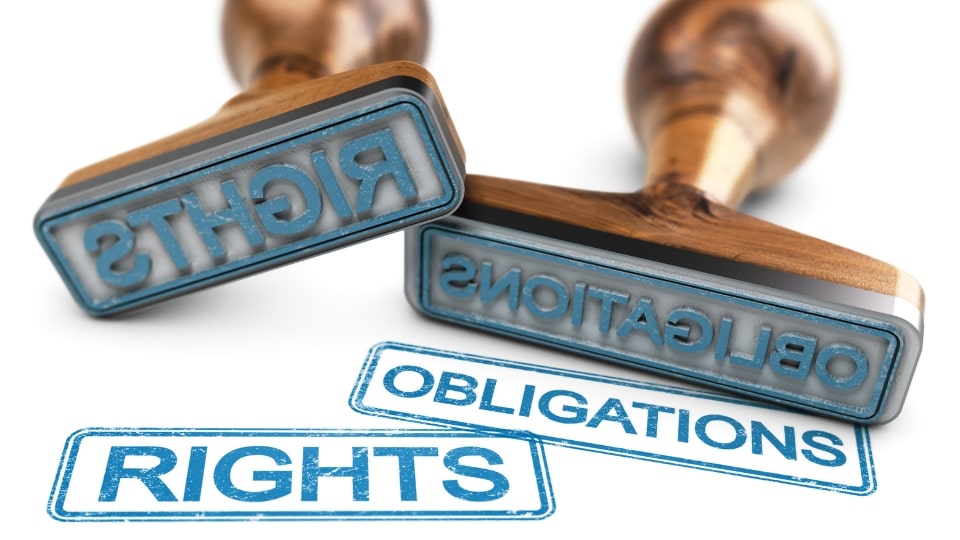Can You Live in A Commercial Property in Florida
Do you want to know if you can reside in a business property in Florida? The answer is complex and depends on several criteria, including the property’s zoning and the intended use. In this article, we’ll go through the legal aspects of living in a commercial property in Florida and other states. We’ll go through the many sorts of commercial properties, such as warehouses and enterprises, and the dangers and considerations that come with them. We’ll also discuss the differences between renting and owning commercial property for residential use, tenant rights, and other topics.
Let’s start and see if living in a business property in Florida is possible.
Can you live on a commercial property?

Can you reside in a business building? A few elements influence the answer to this question. If the business property is zoned for residential use, you should be entitled to live there. If the land is classified for commercial use, you may be able to live there if you receive the necessary licenses from the local zoning authority.
Let us look at the legalities of living in a commercial property in Florida and other states. Zoning regulations govern how a property can be utilized, including whether or not it can be used for residential purposes. Although different cities and states have varying zoning regulations, in general, if a commercial property is zoned for residential use, living in it is permitted. If the land is zoned for commercial use, you may need to apply for special permission or zoning modification.
The size and purpose of different types of commercial properties differ. Warehouses are frequently used for storage and logistics, whereas companies and retail areas are used for commerce. Restaurants and cafés are commercial properties with distinctive elements such as kitchens and dining rooms. Commercial properties are often larger than residential ones, having a more open area for enterprises.
Living in a business property is feasible but depends on zoning rules and the property type. It is normally permitted if the commercial property is zoned for residential use. But, if the land is classified for commercial use, you may need permission or a zoning change to reside there. Regardless of the property type, it is critical to conduct research and adhere to the laws and regulations established by the local zoning authority.
Risks and considerations
Potential fines for living on commercial property:
Living in a business property has its own set of risks and responsibilities. Potential fines for living in commercial premises are one serious risk. Because Florida law holds certain current and past owners liable for releasing dangerous substances and pollutants, purchasers must conduct environmental due diligence before property acquisition to reduce environmental risks.
Health and safety concerns
Health and safety concerns are also important regarding living in commercial real estate assets. Property damage is the most common threat to commercial real estate facilities, with losses frequently caused by environmental catastrophes, climate change, vandalism at unoccupied sites, and facility failures. Living in a commercial property that has been neglected or is in disrepair can pose major health and safety issues.
Zoning and building code regulation
Zoning and building code regulations are other important considerations while living on commercial premises. Knowing your local zoning restrictions is essential to living in a business facility. Residential, commercial, industrial, agricultural, rural, historical, and combination/mixed-use zoning are the most frequent. It is crucial to note that zoning rules differ from state to state, so it is critical to investigate and understand the laws in your locality before making any judgments regarding living on a business property.
Renting and owning commercial property
Renting or purchasing commercial property for domestic use is a complicated matter that must be carefully considered. Renting and owning business property have distinct advantages and disadvantages. If you rent a commercial property in Florida for residential purposes, you must pay a 5.5% state sales tax plus any applicable discretionary sales surtax on the entire rent. It is crucial to remember that this tax does not apply to all business properties.
Several considerations should be made before purchasing commercial property for residential reasons. The Florida Supreme Court only provides residential lease forms for residential properties. As a result, business leases must be tailored to each transaction. It is strongly advised that landlords and tenants consult with a legal practitioner to ensure their lease agreements are comprehensive and address all legal elements.
Furthermore, there are licensing requirements in Florida for renting out a house. Related person rentals, leases, and licenses to use or occupy commercial real estate are subject to sales tax and surtax. For example, a parent business leasing commercial real estate to one of its subsidiaries, a shareholder leasing to a corporation, or an individual property owner leasing to a connected single member LLC is liable to sales tax and surtax.
Whether you rent or purchase a commercial property for residential reasons, it is critical to understand the legal and financial implications. Getting the counsel of legal and financial professionals can assist you in making educated decisions and protecting your investment.
Tenant rights

Regarding commercial leases in Florida, having a comprehensive agreement that covers all possible scenarios is critical. This can safeguard both landlords and tenants from legal concerns and disagreements. The risk of improper eviction is an essential factor for tenants. Unless they violate the lease terms, tenants have the right to remain in the property for the life of their lease. If a landlord attempts to evict a tenant without valid legal grounds, the tenant may have a case for wrongful eviction.
Tenants must understand their rights and obligations under the lease agreement to avoid legal difficulties. Tenants should read the lease carefully before signing and seek legal counsel if they have any questions or concerns. An expert attorney can assist tenants in negotiating favorable lease terms and protecting their rights.
In Florida, commercial renters have many rights that they might incorporate in their lease agreements. They may, for example, request the right to sublet or assign the lease to another party. They may also require specialized services like security, gardening, or janitorial. These rights can assist tenants in better managing their businesses and ensuring that their location fulfills their demands.
Generally, commercial tenants in Florida should be informed of their lease agreement’s rights and obligations. Tenants can protect themselves from legal difficulties and ensure their facility fulfills their company needs by consulting with an expert attorney and arranging advantageous lease conditions.
Conclusion
To summarize, while living on commercial property is a unique and potentially cost-effective choice, it is critical to understand the legal and practical implications before making any decisions. Zoning rules, building requirements, and environmental regulations determine whether you can reside in a business facility. You’ll need to consider commercial property ownership or rent risks and obligations.
To avoid problems and ensure a seamless renting experience, it’s critical to understand the rights and duties of both landlords and tenants when it comes to business leases. It is easy to manage the complexity of the commercial property and discover a living place that meets your specific needs and tastes with careful research and advice from legal professionals.





